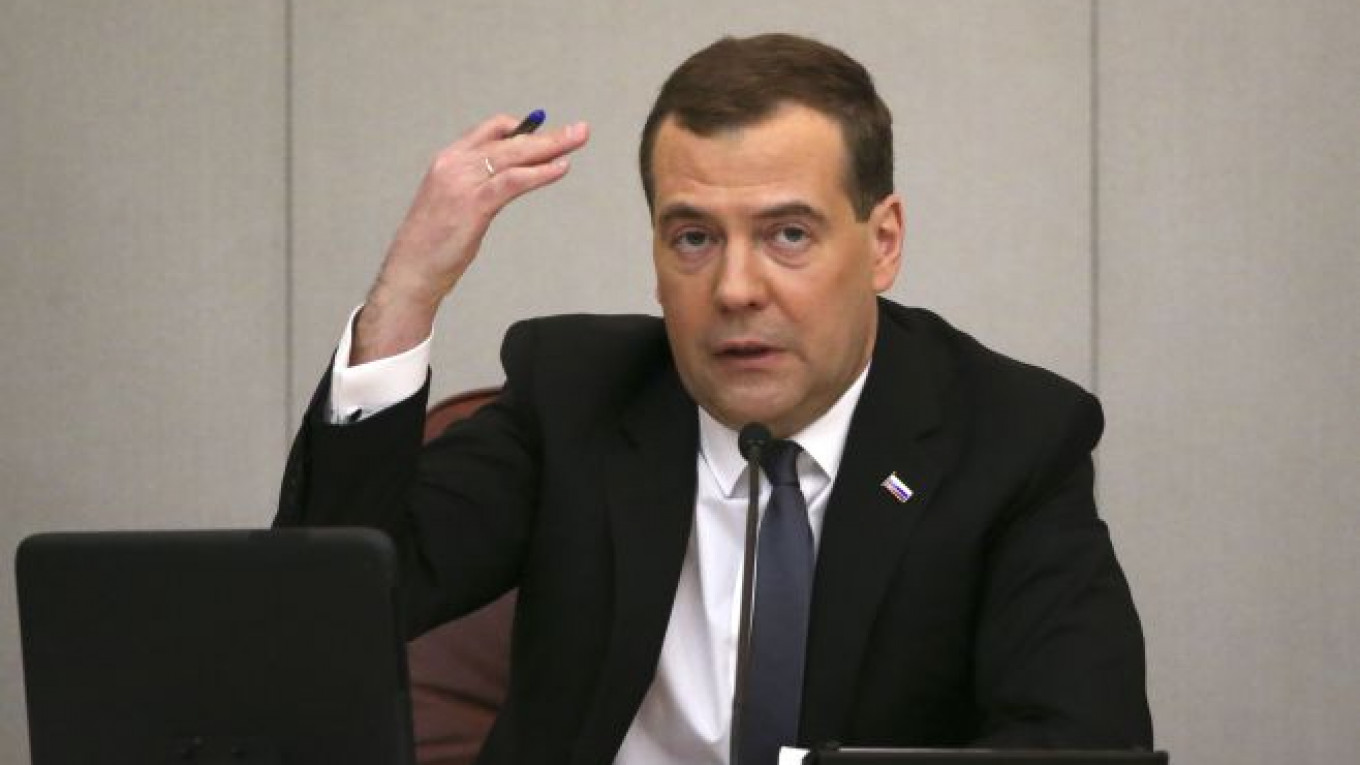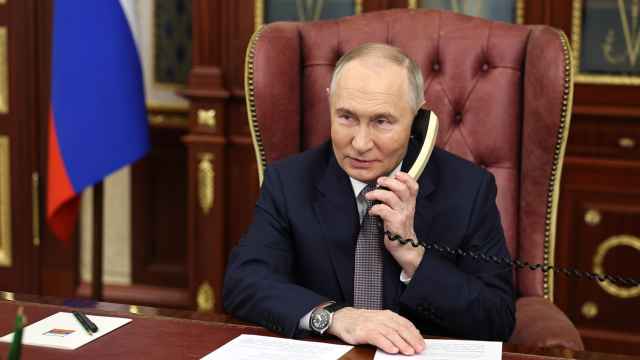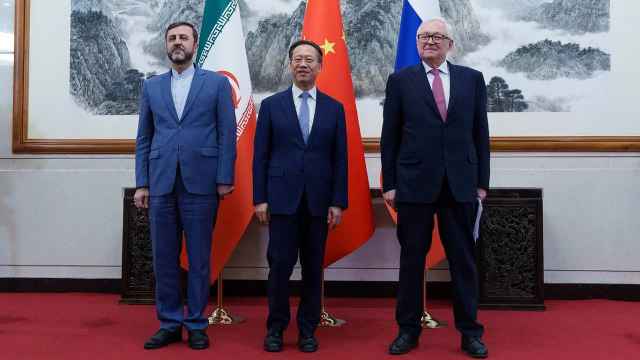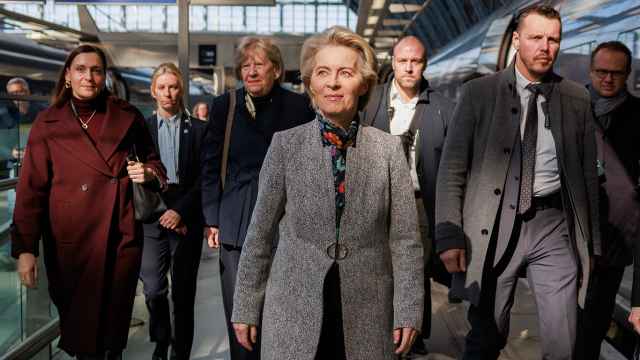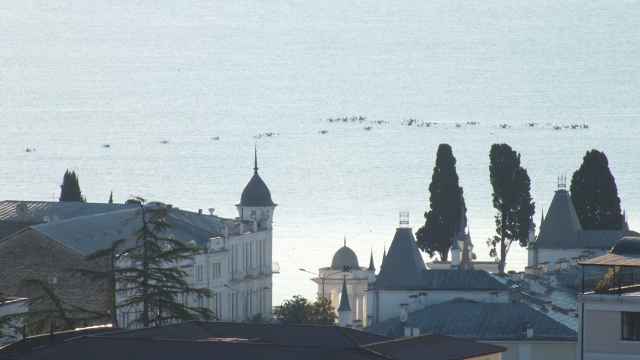Prime Minister Dmitry Medvedev criticized an official on Friday for threatening that Moscow could block online networking site Twitter, in an apparent attempt to allay fears that Russia could cut access.
His comments, posted on his Facebook page, came after the deputy director of Russia's communications watchdog agency Maxim Ksenzov told Izvestia newspaper that Russia's blocking of U.S.-based Twitter had become "unavoidable".
"Individual officials, responsible for the development of the industry should sometimes use their brains and not give interviews announcing the closure of social networking sites," Medvedev wrote.
However, Ksenzov's comments heightened fears that the Kremlin is clamping down on media and Internet freedom following the ousting of Ukraine's Russia-backed former President Viktor Yanukovych by popular protests organized over social networks including Twitter.
There was an immediate backlash on the site. One user named Denis Valeyev joked that Russia would make its own version of Twitter, like China's microblogging site Weibo.
"Let's wait for the Russian version — State Company 'Tweeter' that everyone can access with their passport details and residence permit," he said.
With 61 million users, Russia's Internet audience is Europe's fastest growing, according to a 2013 report by industry body comScore, and its often opposition-oriented blogosphere has been one of the last media beyond the Kremlin's reach.
Website Law
But Putin, who has described the Internet as a CIA project, signed a law this month requiring websites that attract more than 3,000 daily visits to register by name with Ksenzov's Federal Mass Media Inspection Service and adhere to regulations on the mass media.
The law will also require social media websites to keep their servers in Russia and save information about users for at least six months.
Georgy Satarov, a Kremlin aide under Putin's predecessor Boris Yeltsin, wrote on his blog that new laws were being used to clamp down on dissent at a time when the nation's attention has been diverted to the crisis in eastern Ukraine, blamed by Russia's state media on anti-Russian neo-Nazis.
"The authorities are forming in the minds of Russians the images of internal and external enemies. We acknowledge that there is a transition to a totalitarian fascist regime," he said.
Talk-show host Ksenia Sobchak, who rose to prominence during the large protest movement against Putin in 2011-2012, said the authorities' fear of Twitter was based on its potential to mobilize protesters.
"Of course Twitter bothers them. It's an instantaneous mobilization of hundreds of thousands of people," she wrote on her microblog.
Opposition to Putin remains even though his approval ratings have soared following Russia's annexation of Crimea and protests since then have only been small and sporadic.
Critics say Russia has already taken measures to increase its control over the Internet and media this year.
The editor of popular Internet news site Lenta.ru was dismissed this year and independent TV Dozhd has gone off the air. The head of Vkontakte, Russia's answer to Facebook, has been ousted and fled the country.
Read more:
A Message from The Moscow Times:
Dear readers,
We are facing unprecedented challenges. Russia's Prosecutor General's Office has designated The Moscow Times as an "undesirable" organization, criminalizing our work and putting our staff at risk of prosecution. This follows our earlier unjust labeling as a "foreign agent."
These actions are direct attempts to silence independent journalism in Russia. The authorities claim our work "discredits the decisions of the Russian leadership." We see things differently: we strive to provide accurate, unbiased reporting on Russia.
We, the journalists of The Moscow Times, refuse to be silenced. But to continue our work, we need your help.
Your support, no matter how small, makes a world of difference. If you can, please support us monthly starting from just $2. It's quick to set up, and every contribution makes a significant impact.
By supporting The Moscow Times, you're defending open, independent journalism in the face of repression. Thank you for standing with us.
Remind me later.


